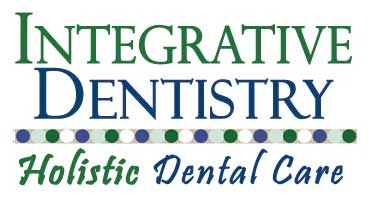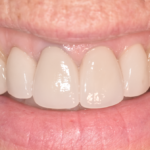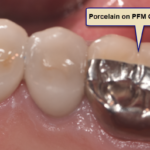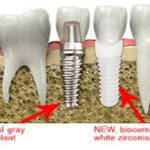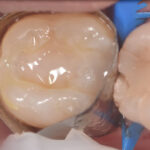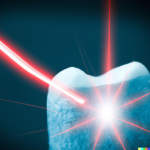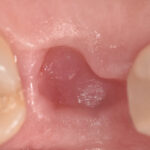There are bacterial, immune and inflammatory connections between the gums, gut, heart and brain that simple tests can help identify and monitor. This inflammatory cascade, as we will call it, is quite complex and system-wide. However, it is important to identify the sources of inflammation causing symptoms, pain, and disease states and work toward eliminating them. Often there is more than one cause of systemic inflammation, and usually they are interrelated.
Inflammation is an immune response that is mounted to heal tissue from an injury, identify and eliminate toxic or foreign elements within the body, or to fight and eliminate microbes and infectious agents like bacteria. While localized, temporary inflammation is necessary for healing after injury, and systemic, temporary inflammation is necessary to fight a bacterial infection, chronic systemic inflammation is not healthy and can lead to:
- Fatigue &/or Irritability
- Skin Conditions/Rashes
- Diabetes
- Heart Disease
- Strokes
- Arthritis
- Bloating, Digestive issues, Irritable Bowel Syndrome
- Various Auto Immune Diseases
Common causes of chronic systemic inflammation are
- Chronic stress or going through a highly stressful event such as divorce, job loss, accident or death in the family
- Food Allergy or Food Sensitivity
- Chronic Infection anywhere in the body
- An Auto Immune Reaction
- Moderate and later stage gum disease
The testing at Integrative Dentistry can identify the sources of inflammation, not only in the mouth but in the body. First there is a microscope analysis of the plaque under your gum line where the gums are attached to your teeth. Here are some sample images of this test: High Definition Microscopy.
From strictly an inflammation point of view the three most important factors are:
- The types of bacteria. Here we are talking about anaerobic bacteria, especially Spirochetes as they actively attack white blood cells. To see this you may watch my videos here: Why isn’t it common knowledge that many diseases start in the mouth?
- The amount of bacteria present. Sometimes there are so many bacteria that they are literally swarming.
- The amount of white blood cells/ immune cells present. Sometimes there are hundreds and thousands of immune cells in a minute amount of plaque that’s sampled. This indicates that the body is reacting actively to the bacterial infection in your gums. In other words you have an active infection that is 24/7 and never goes away, as the body is ineffective in fighting it.
Gum disease not only results in loose teeth and tooth loss, it also causes systemic inflammation and allows these aggressive bacteria to have access to your digestive tract and blood stream. And of course digestion and the health of your intestine is extremely important. This is where 2/3rds of the immune cells are made.
It is also widely known that gum disease leads to an increase in heart disease, strokes, as well as Alzheimer’s, diabetes, arthritis and other auto immune conditions. In other words, this is a serious condition and its impact is not confined to the mouth.
The second type of test that can be done in my office is saliva testing. These tests are very good at determining:
- Cortisol levels, which is tied to systemic inflammatory levels.
- Gliadin, a type of protein found in wheat that causes gluten sensitivity issues.
- Immune factors such as IgA and IgG which react to irritants and toxicity in the body.
IGA is an important biomarker for intestinal mucosal health and overall immune strength.
- Sensitivities for other foods like milk, soy, eggs, etc.
- Adrenal sufficiency, indicative of the ability to heal and handle stress.
- Insulin for sugar regulation problems or diabetes, a contributing factor in tooth loss and implant failue
- Bone health.
There is other testing that can be done, but these are the simplest and give the highest ROI in terms of usable information vs. difficulty to the patient in doing them.
